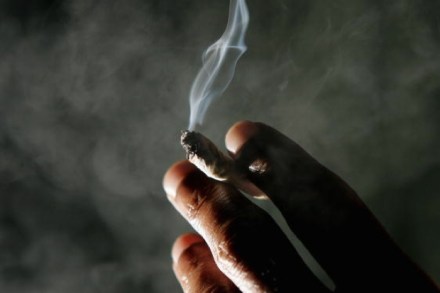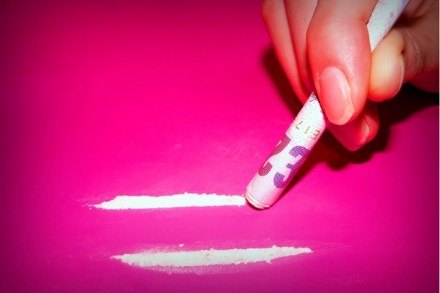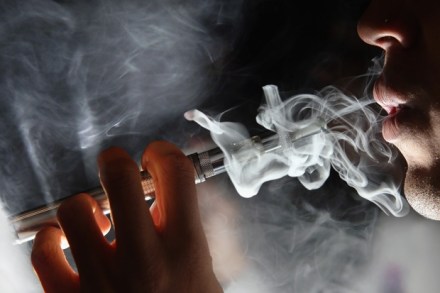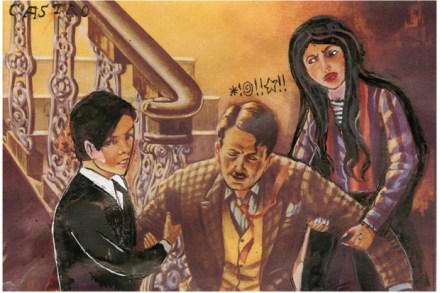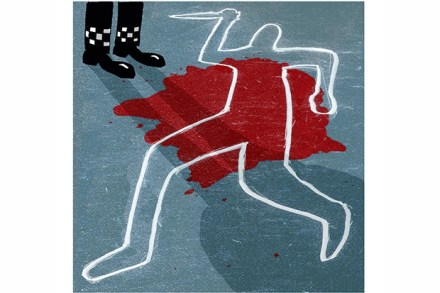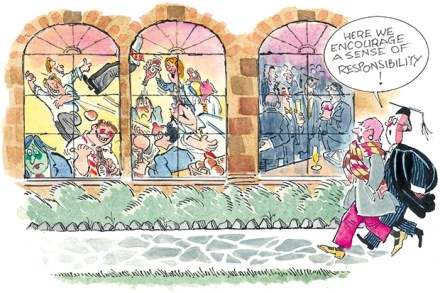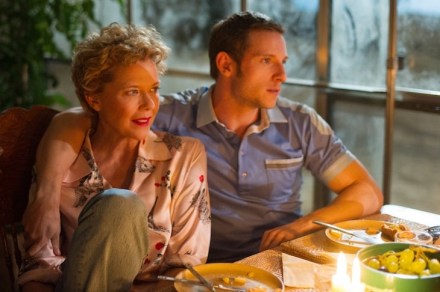How to beat the prison drugs epidemic
Pity the prisons minister, Sam Gyimah, who last week found himself explaining the term ‘potting’ to MPs on the justice select committee. For those unacquainted with the depraved state of our jails, let me save you the trouble of reading the exchange on Hansard: ‘potting’ is to throw faeces and/or urine over a prison officer. He didn’t get round to discussing the meaning of ‘mambulance’. But every day – with alarming frequency – sirens blare as an ambulance races to a prison to deal with another cardiac arrest, violent assault or attempted suicide of a prisoner, high on one of many drugs referred to as ‘spice’ or ‘black mamba’ (hence











